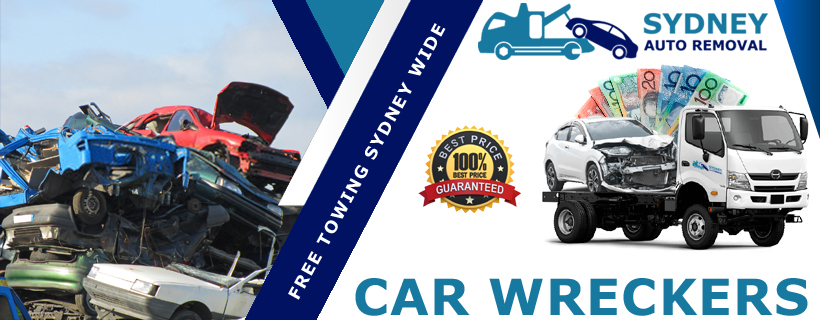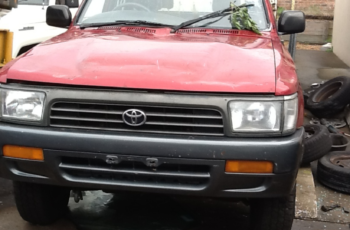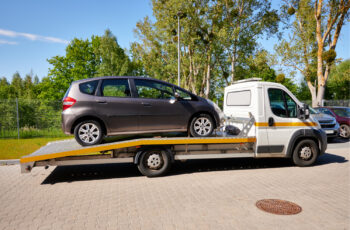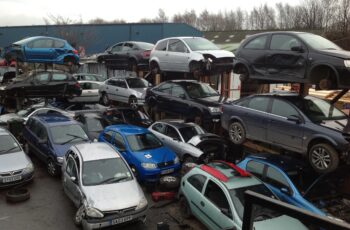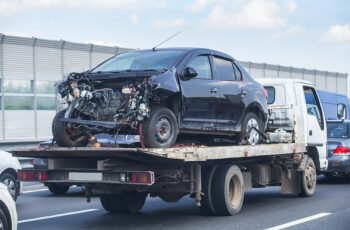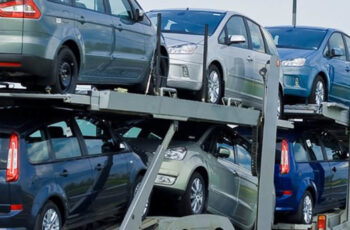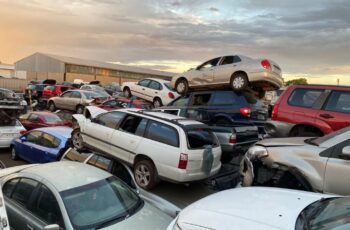The auto wrecking industry is facing significant changes, as new technologies and shifting consumer preferences impact the way vehicles are disposed of and recycled. In this blog, we will explore the key trends and challenges facing the auto wrecking industry today.
The Rise of Electric Vehicles
As electric vehicles become more common on our roads, the auto wreckers industry is facing a new set of challenges. Unlike traditional gasoline-powered vehicles, electric vehicles have large and expensive battery packs that require careful handling and disposal. The auto wrecking industry is adapting by investing in specialized equipment and training for workers to safely handle and recycle these batteries.
Read Also: How Electric Cars Work And Why They’re So Popular In The World Today
Increased Regulation
As environmental concerns mount, regulators are placing increasing pressure on the auto wrecking industry to improve their environmental practices. This has led to new regulations and standards for the handling and disposal of automotive waste products, such as oil, coolant, and brake fluid. While these regulations are important for protecting the environment, they also add complexity and costs to the car wrecking industry.
Changing Consumer Preferences
Consumers are becoming more environmentally conscious, and are increasingly looking for environmentally-friendly options when disposing of their old vehicles. This has led to a growing demand for eco-friendly auto removal services that prioritize recycling and waste reduction. To meet this demand, many auto wrecker companies are investing in new technologies and processes that reduce their environmental impact.
The Impact of Technology
Advancements in technology are changing the way the auto wrecking industry operates. New software and data analysis tools are helping companies to streamline their operations and optimize their recycling processes. Robotics and automation are also being introduced to help speed up the dismantling process and increase efficiency.
Industry Consolidation
The auto wreckers industry is becoming increasingly consolidated, as large companies acquire smaller operators and gain greater market share. This trend is being driven by the need for economies of scale, as the industry becomes more complex and competitive. Smaller operators are struggling to keep up with the costs and regulations, and are being forced to either sell out to larger companies or exit the industry altogether.
In conclusion, The car wrecking industry is facing significant challenges as it adapts to new technologies and changing consumer preferences. While these challenges are daunting, they also present opportunities for innovation and growth. As the industry continues to evolve, we can expect to see new players emerge, and existing companies adapt and thrive in this rapidly-changing landscape. By keeping up with these trends and challenges, the auto wrecking industry can continue to play an important role in our economy and environment for years to come.

